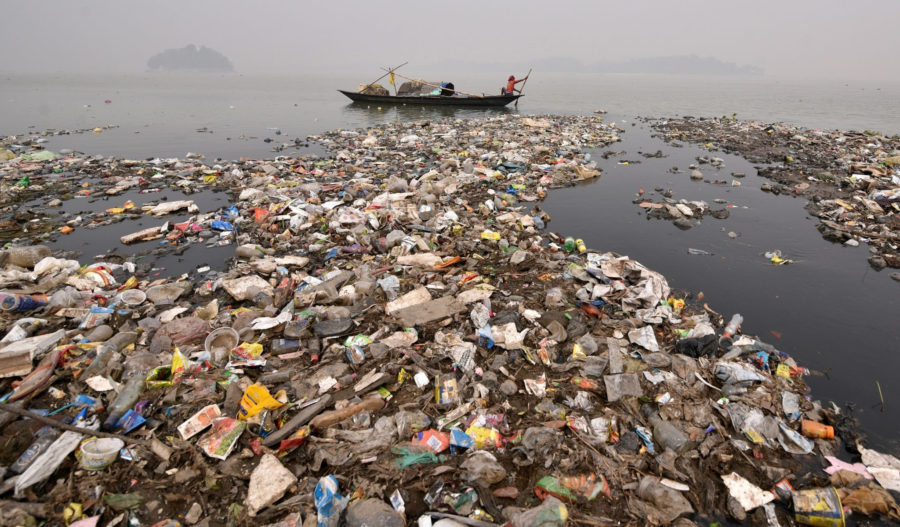Coca-Cola, PepsiCo, Unilever, Ikea and other major brands have issues a joint statement calling for a global treaty to fight plastic pollution including reducing the quantity of plastics produced in the first place.
The recycling process of most plastics are not at all efficient. Once the plastics are broken down into their original pieces, they are difficult to put back together, ultimately ending up in the waste-stream.
The following written content from John Geddie and Joe Brock

International brands including Coca-Cola and PepsiCo are calling for a global pact to combat plastic pollution that includes cuts to plastic production, a key growth area for the oil industry.
World officials will meet at a United Nations Environment Assembly conference (UNEA 5.2) later this year to start negotiations on a treaty to tackle a plastic waste crisis that is choking landfills, despoiling oceans and killing wildlife.
It remains unclear whether any deal will focus on waste management and recycling or take tougher steps such as curbing new plastic production, a move that would likely face resistance from big oil and chemical firms and major plastic-producing countries such as the United States.
The more than 70 signatories to Monday’s joint statement include consumer goods companies such as Unilever and Nestle, which sell myriad products in single-use plastic from shampoo to chocolate bars, as well as retailer Walmart and French bank BNP Paribas.
“We are at a critical point in time to establish an ambitious UN treaty,” the statement says, noting that any deal should “reduce virgin plastic production and use”.
“UNEA 5.2 is the decisive, most auspicious moment to turn the tide on the global plastic pollution crisis. We cannot afford to miss it,” the statement says.
Read: Why plastic waste is an ideal building material
Less than 10 per cent of all the plastic ever made has been recycled, and a Reuters investigation last year revealed that new recycling technologies touted by the plastics industry have struggled to combat the problem.
Meanwhile, production of plastic, which is derived from oil and gas, is projected to double within 20 years. This is a key source of future revenue for energy majors, as demand for fossil fuels wanes with the rise of renewable energy and electric vehicles.
While scaling up global recycling is critical to tackling plastic waste, these efforts will not prevent plastic pollution continuing to skyrocket without constraints on production, a landmark 2020 study by Pew Charitable Trusts found.
As pressure mounts on firms that sell products in hard-to-recycle plastic to tackle the resulting waste, some have teamed up with cement makers to burn plastic waste as a cheap fuel in the developing world. Read more from AreaNews





